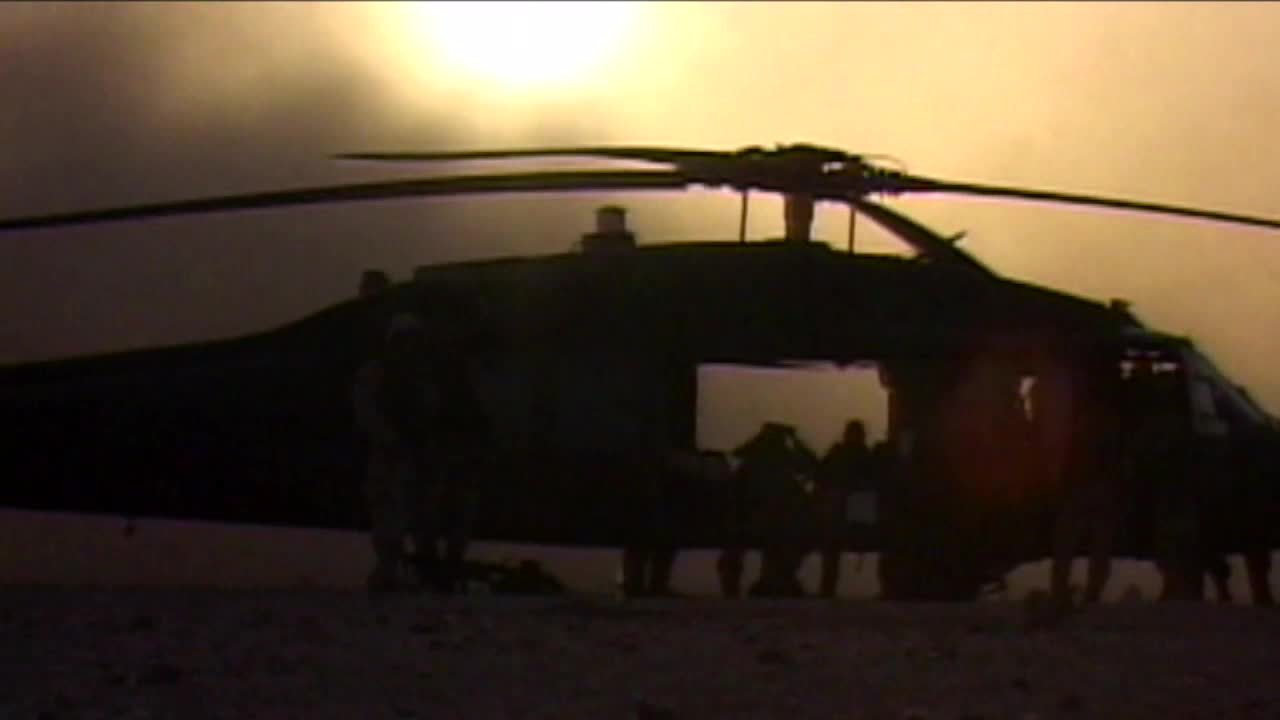Mental health a battle at home for veterans returning from deployment
[anvplayer video=”5147211″ station=”998122″]
Dan Hanson is a U.S. Marine Corps veteran who says many of his fellow soldiers were hurt or killed.
During his deployment to Ramadi, Iraq, in 2004, 35 Marines and one sailor in his battalion died in battle.
Sadly, it didn’t end overseas.
“Between deployments, I can’t tell you, we had at least probably five, maybe six Marines take their own life,” Hanson said.
5 EYEWITNESS NEWS spoke with Hanson a few hours after he visited his brother Travis’ grave at Fort Snelling National Cemetery. He was also a Marine and died by suicide in 2007.

(File photo)
“It was definitely rough, for sure. You know, every time I go there, I do apologize,” Hanson said.
Data from the Minnesota Department of Veterans Affairs (MDVA) shows about 100 veterans across the state die by suicide each year. Last year, 94 Minnesota veterans died of suicide, 22 fewer than five years earlier.
Douglas Hughes, deputy commissioner of health for MDVA, says connecting veterans with available services is a top priority.
“That’s really going to be our focus is getting veterans connected to those services and benefits that they’ve earned,” he said.
That includes getting the VA health care veterans are eligible for and getting access to mental health resources — something veteran services officers in every county can help with.
Hughes feels that the work his department is doing is leading to better outcomes, but says even one suicide is too many. He urges veterans and their families to reach out if they need help.
“It can’t be overemphasized. To get connected to get that first phone call to whomever it is, who can connect you with the services that you need,” Hughes said.
Hanson is one veteran who got connected.
“I eventually got to a place where I realized I’m either gonna live or die here because I can’t live like this anymore,” he said. “And I decided to change my life around.”
Hanson is now a therapist, specifically providing care to police, first responders and veterans.
“If you’re struggling and you need to get some healing, reaching out is the best way to do it,” he said. “You can bottle it up. … I know we’re programmed, especially in the military to be tough, to not be the weakest link in the chain. But we know that that’s not the way to do it.”
“If you got an issue, get help,” he continued. “Because there’s people out there that probably want to help you, and I know I’m one of them.”
The Minnesota Association of County Veterans Service Officers has resources on its website to match veterans with services in their area.
Here is a list of suicide prevention and mental health resources:
- U.S. National Suicide Prevention Lifeline at 988 or 1-800-273-TALK (8255)
- Minnesota Department of Health’s Suicide Prevention Program
- Minnesota Department of Human Service’s adult mental health resources
- The National Alliance on Mental Illness (NAMI) – Minnesota
- Veterans Crisis Line at 1-800-273-8255, Press 1
- Minnesota Farm and Rural Mental Health Helpline at 833-600-2670, ext. 1
- Crisis Phone Line – In the Twin Cities metro area, call **CRISIS (**274747) from a cellphone to talk to a team of professionals who can help.
- Crisis Text Line – Text MN to 741741 to connect with a trained crisis counselor to receive free, 24/7 crisis support via text message.
If you believe someone is at risk of suicide, the U.S. Department of Health and Human Services suggests you:
- Ask questions about whether the individual is having suicidal thoughts.
- Call the U.S. National Suicide Prevention Lifeline at 988 or 1-800-273-TALK (8255).
- Seek help from a medical or mental health professional. If it is an emergency situation, take the person to a hospital.
- Remove any objects from a person’s home that could be potentially used in a suicide.
- Do not leave the person alone, if possible, until help is available.
The U.S. National Suicide Prevention organization has also compiled a list of resources to help with coping during the COVID-19 pandemic.